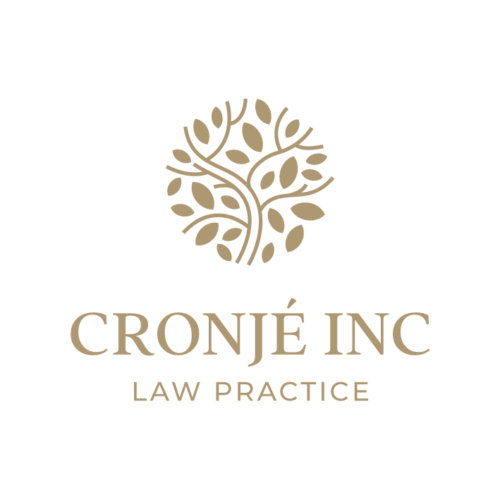Intellectual Property in Namibia

Your brand, your pride.
If you have a means of identifying and distinguishing your goods and/or services, the most effective way to protect its uniqueness is by registering your trade mark, patent or industrial design. Our team of experts are ready to assist you with any of these registrations.
Trade mark
A trade mark distinguishes your business/brand from those of your competitors. It is a unique word, phrase, symbol, design or a combination of the aforementioned that identifies your goods and/or services and ensure uniqueness of your brand. A trade mark provides legal protection for your brand and helps you guard against counterfeiting and fraud.
Trade marks have been proven to be a valuable asset and can appreciate in value over time. Trade marks can be bought, sold and licensed. Important to note that your trade mark will only receive protection in the country/territory that it was filed, applied for and registered. Our enthusiastic trade mark team offer a full range of trade mark services in Namibia and beyond.
Patents
The Namibian Industrial Property Act recognizes Namibia’s obligations in terms of international treaties including: the Patent Co-Operation Treaty (PCT), ARIPO, Madrid Agreement and the Hague Agreement.
A patent is an exclusive right granted for an invention, which invention is a specific product or process that provides a new way of doing something or offers a new technical solution to a problem. The proposed patent is available for registration provided that the invention is new, involves an inventive step and is industrially applicable.
A patent registered for an invention grants a right to the inventor. This right excludes others from making, using, offering for sale, or selling the invention. The right to a patent may be assigned, or transferred either by succession or operation of law. In Namibia, patents are valid for a period of 20 years after the filing date. Annual maintenance fees should be paid in order to ensure the validity of the patent. In Namibia, the Patent may be converted to a Utility Model.
Utility Models
A Utility Model is the invention with the exclusion of a process, microbiological process and the products of a microbiological process. A Utility Model is valid for a period of seven years after the date of filing of the application and there are no annual fees to be paid for the maintenance thereof.
Utility Models are used in recognising that minor improvements of existing products, which does not fulfil the patentability requirements, may have an important role in a local innovation system. The utility model allows the holder of the right to prevent others from commercially using the protected invention, for a limited period of time.
The compliance requirements for a utility model are less strict than those for patents.
Industrial Design
Many people identify the industrial design as an application for both art and science to improve the usability, appearance and ergonomics of an object or product, while playing heed to material sensibilities.
Designs involve a substantial investment and guards the appearance of an article, but offers a limited form of protection. An Industrial Design constitutes the ornamental aspect of an article and can be either two-dimensional or three- dimensional. The person registered as the owner of the design registration has, for the duration of the registration, the right to exclude all others from making, importing, using or disposing or offering to dispose of in Namibia, when such acts are undertaken for commercial purposes.
The registration of a design expires 15 years after the filing date of the application. An annual maintenance fee is payable to maintain the design registration.

